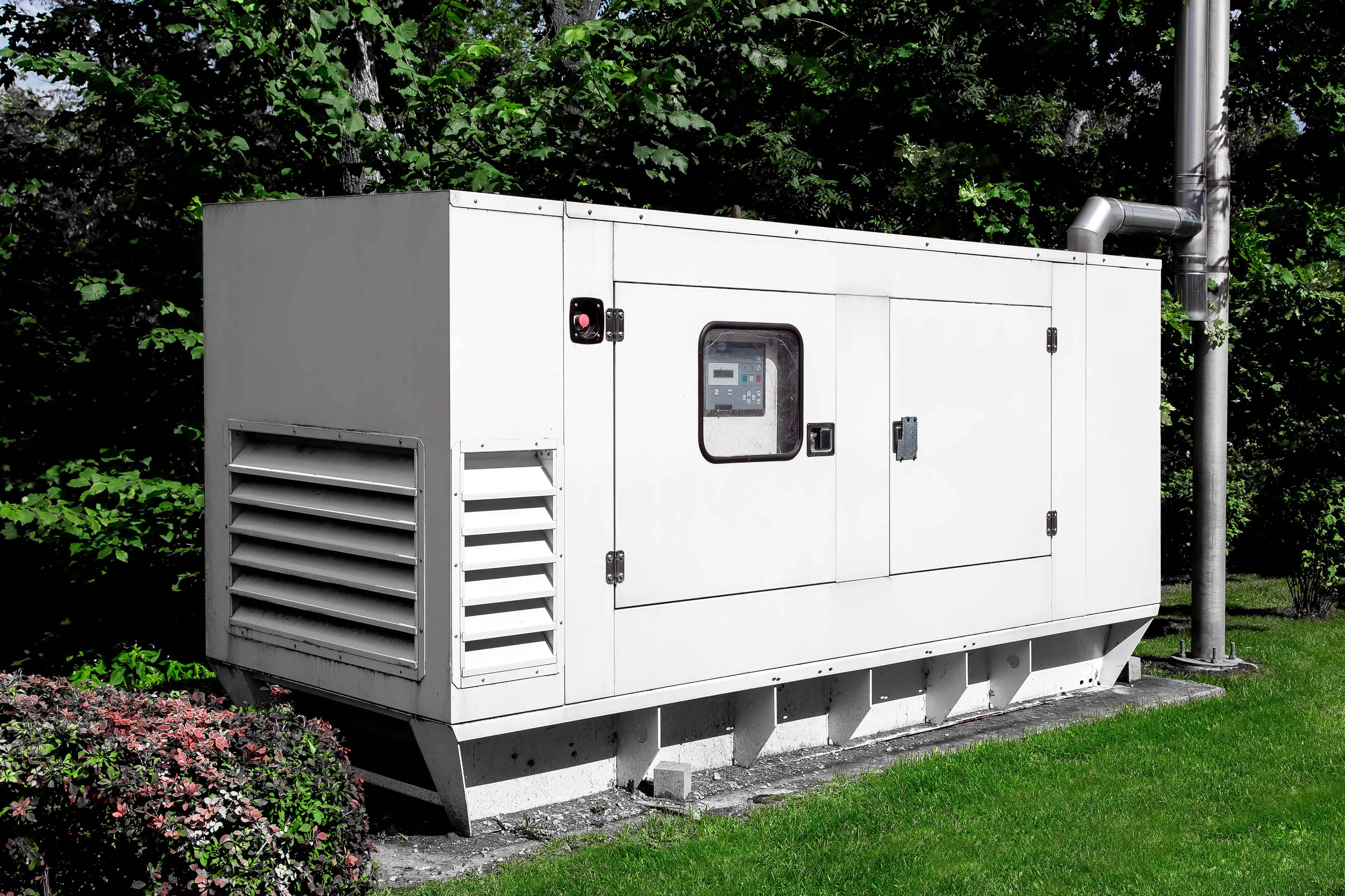5 Important Points to Consider Before Starting a Large Home Project
Doing DIY projects is always exciting. Completing something without professional help gives a sense of accomplishment and satisfaction. You can also save money for other needs. Most home projects require several tools, materials, a working environment, and your knowledge.
Small projects can be simple and achievable with minimal effort. But if you take on a large project, unexpected issues may arise that need preparation. If you enjoy doing home repairs yourself and want to take on the next big project, here are five important points to consider before starting.
Doing DIY projects is always exciting. Completing something without professional help gives a sense of accomplishment and satisfaction. You can also save money for other needs. Most home projects require several tools, materials, a working environment, and your knowledge.

Small projects can be simple and achievable with minimal effort. But if you take on a large project, unexpected issues may arise that need preparation. If you enjoy doing home repairs yourself and want to take on the next big project, here are five important points to consider before starting.
Timeframe and Scale of the Project
If you are taking on a large home project, one of the first things to evaluate is how much time it will take. Some projects can be finished in a few days, others in weeks or months. Large DIY projects will likely take several weeks or months, and you should ensure that you have time for the project.
You are not a professional, so it may take more time. Unexpected difficulties can also cause delays. You should be realistic about the time needed for a large project and perhaps add buffer time for unforeseen circumstances.
Your Insurance Liability
Insurance protection is one of the most critical factors in any home project. DIY often involves a learning curve, and there is always a chance that something can go wrong. The ideal insurance depends on the type of project you are doing, your location, and your skill level.
The most common insurance policy among homeowners is the basic HO3 policy. The HO3 policy covers several scenarios that may occur during your home project.
Any damage to your property or adjacent structures—known as Coverage A—is covered by your insurance. Buildings not attached to your property, such as pools, detached garages, and fences, are also covered by the HO3 policy. Your HO3 insurance may also cover personal belongings that could be damaged during the project.
You might need help with a large home project, and if someone gets injured, your HO3 policy could be useful. Talk to a real estate agent to learn what is covered under your policy for large DIY projects.
Cost-Benefit Ratio
While DIY can help save on a project, it's not always cheaper, and some DIY projects may even end up costing more in the long run than hiring a professional. Therefore, it's important to carefully analyze costs and benefits before starting the project.
Think about tools you will need for DIY. Specialized equipment usually makes repair tasks easier. Materials may be hard to obtain if you're unfamiliar with them. Suppliers often prefer working with professionals and might charge higher prices for their materials. Contractors also know how to get better deals and often already have most of the necessary equipment. Therefore, if you're planning a large home project, make sure it's worth your time, energy, and financial investment.
Necessary Permits
In most areas, homeowners do not need special permits before working on their property, but you may require a city or county permit depending on the type of home project. You'll need to get permits if your DIY includes work that alters your home’s structure, such as adding a fence or removing a wall. You may also need permits for using hazardous substances or performing plumbing or electrical work. Contact your local building department to learn requirements if you're unsure about the necessary permits.
Your Readiness to See the Project Through
The key factor in completing a large home project is your willingness to see it through. You don't want to start the process and then wonder why you did it in the first place. Study the time-consuming and energy-intensive steps, and make sure you have everything needed in advance.
If you're working with someone or a team, ensure everyone understands their roles and is also committed. Don't overestimate your skills; you don't need to prove anything to anyone. If you feel that you won't be able to complete a large project, it's better to hire a contractor.
Funding Your DIY Project
A large home project will require significant investment, and you should ensure your funding is in place. Here are some options if you can't pay for the project from personal funds:
Personal Loan
A personal loan is easy to get if you have good credit and a steady income. Interest rates are low, and you can repay it within 12 months to five years. Personal loans are the preferred way for most people to fund DIY projects.
Mortgage Cash-Out
A mortgage cash-out allows you to use your home as collateral for funds based on its value. You might consider this option if you need large sums for your DIY and can easily repay them. The interest rate on your cash-out mortgage depends on your financial history, credit score, and specific loan terms.
Home Equity Line of Credit (HELOC)
A Home Equity Line of Credit, or HELOC, offers a line of credit instead of one lump sum. Borrowers can access funds as needed and only pay interest on the actual amount borrowed. You should consider financing your DIY with a HELOC if you're uncertain about the final project cost.
Conclusion
Starting and completing a large home project can leave you with a great sense of achievement and pride in doing the work yourself while saving money. You can also increase your property's market value with proper DIY execution. If something goes wrong, don't feel discouraged. Lessons from your experience will be a valuable guide for properly executing the next big home project.
Need a renovation specialist?
Find verified professionals for any repair or construction job. Post your request and get offers from local experts.
You may also like
More articles:
 4 Qualifications for Becoming a Master Plumber
4 Qualifications for Becoming a Master Plumber 4 Reasons to Buy a Backup Generator
4 Reasons to Buy a Backup Generator 4 Reasons Why Thiam Siew Residences Is the Best New Condominium in Singapore
4 Reasons Why Thiam Siew Residences Is the Best New Condominium in Singapore 4 Reasons to Hire a Professional When Buying Real Estate
4 Reasons to Hire a Professional When Buying Real Estate 4 Reasons Why You Need Home Insurance Today
4 Reasons Why You Need Home Insurance Today 4 Risks Associated with Improper Thermostat Maintenance
4 Risks Associated with Improper Thermostat Maintenance 4 signs you need to buy the best office chair
4 signs you need to buy the best office chair 4 Simple Steps to Increase Property Value
4 Simple Steps to Increase Property Value